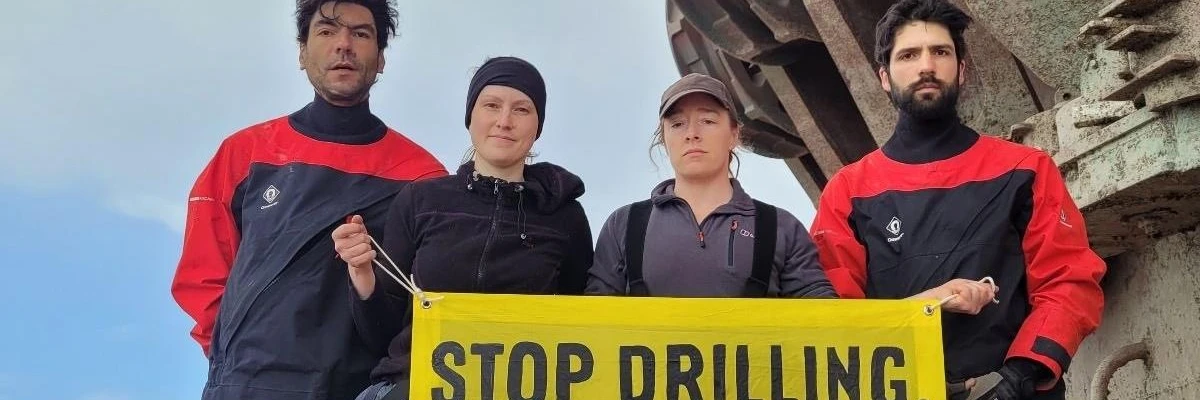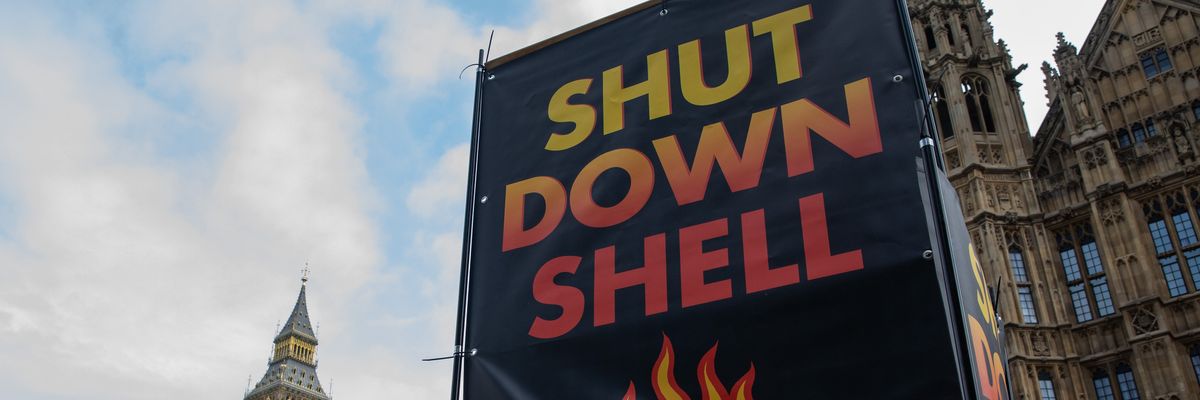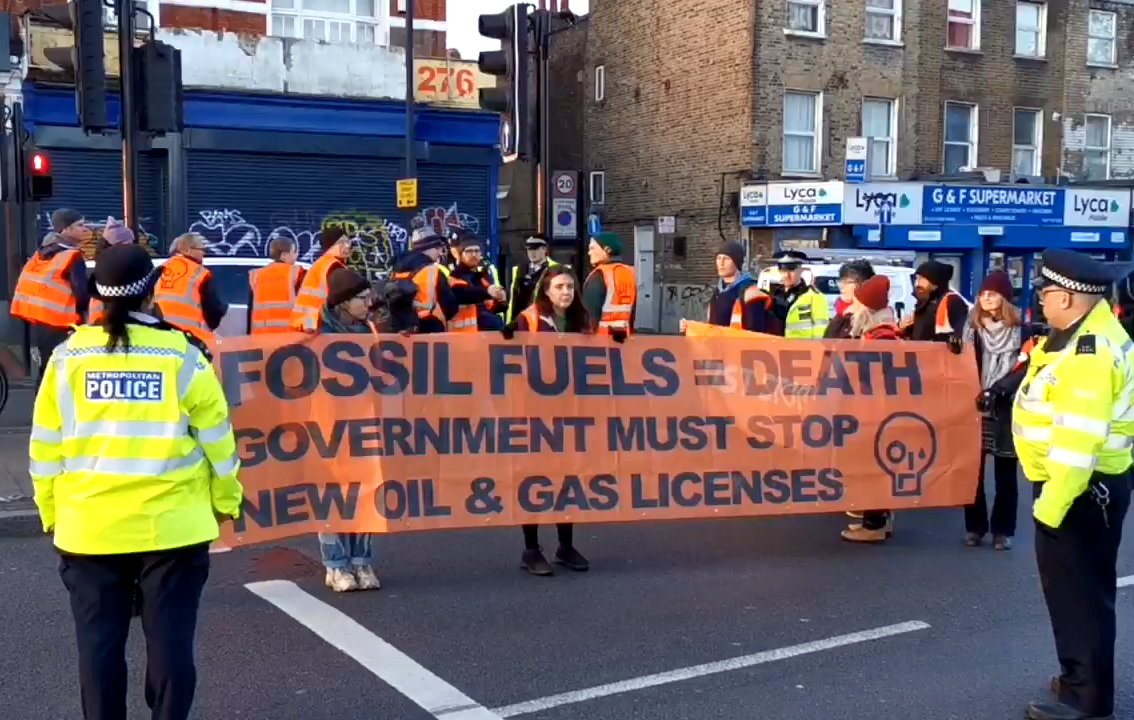28 Years Later – Shell still trying to crush opposition
…
Some will rightly argue that Shell never embraced sustainable development, it only ever pursued long-term profitability at the expense of people and planet. The days of Mark Moody Stuart at Shell are long gone. The new boss at the helm is Wael Sawan, who joined Shell two years after the murder of the Ogoni 9 and Brent Spar, just at the time that Shell began to spin its image towards being a caring company.
Under Sawan’s leadership, Shell keeps courting controversy. Month by month, the company doubles down on fossil fuels, and sheds its last remaining veneers of being a company that cares about people and planet.
He has reversed what pitiful progress that Shell had made to address the scale of its CO2 emissions, angering climate campaigners and scientists. In June, the Guardian reported that Sawan “has rowed back on the oil giant’s climate commitments.” The paper added that since taking over, Sawan has emphasised financial returns for investors. He told financiers at the New York stock exchange that he wanted to “reward our shareholders today and far into the future.”
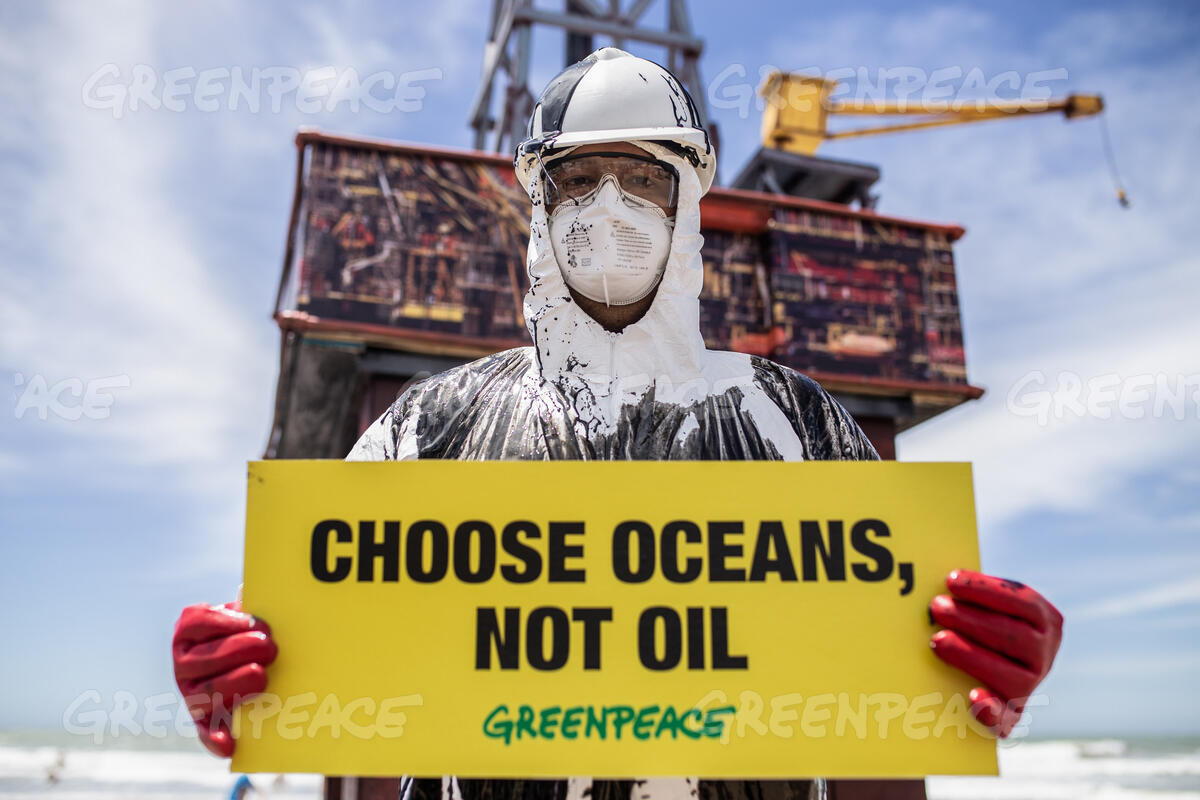
In September, Reuters reported that Sawan “has come under pressure over his strategy from within the energy company after two employees issued a rare open letter urging him not to scale back investments in renewable energy.” The following month, in October, Sawan responded by cutting 200 jobs from the company’s low-carbon division to focus on high-earning oil profits.
And now, last week, the day before the Ogoni 9 anniversary, it was announced that Shell was suing Greenpeace for over $2.1million in damages. But that is just the start. The legal action also calls for an indefinite blocking against Greenpeace protests at all Shell infrastructure worldwide, otherwise, the claims could be as high as $8.6 million.
…
The lawsuit, which the Guardian notes is one of the “biggest ever legal threats against the group”, was served by Shell after Greenpeace campaigners occupied one of Shell’s moving oil platforms earlier this year.
…
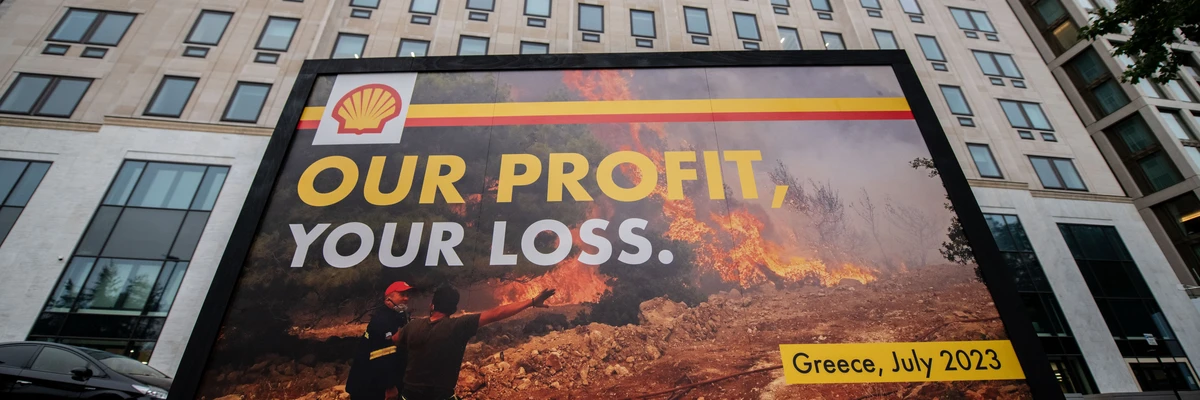
Whenever Shell cuts a climate commitment or threatens its critics, it loses its social license to operate. Day by day, it looks like a corporate Dodo. It may not happen tomorrow or even in the next decade, but Shell’s days are numbered. A just, equitable future does not include the bully boys from Shell who still threaten their critics. In our collective future, they will become extinct.
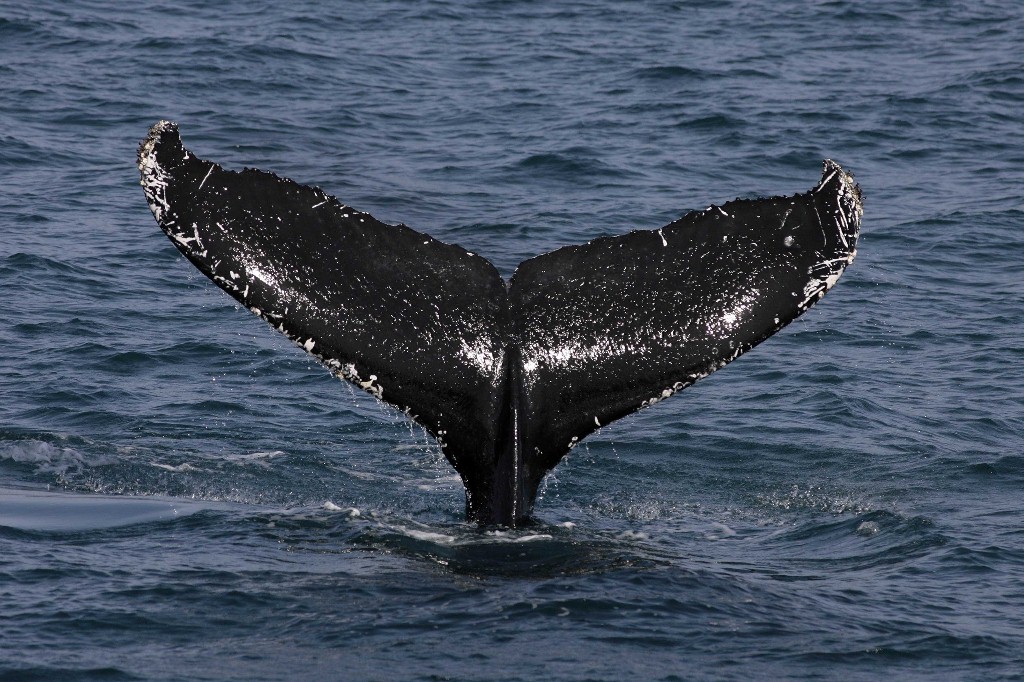
Greenpeace is running a fundraising campaign and also a petition related to Shell.
https://priceofoil.org/2023/11/21/28-years-later-shell-still-trying-to-crush-opposition/
